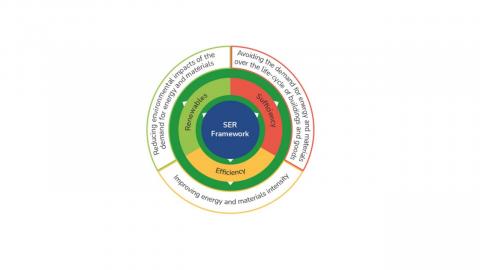Resources
After reaching an “agreement in principle” on the modernisation of the Energy Charter Treaty (ECT), the European Commission’s plans received a setback with the withdrawal of seven EU member states.
The death knell for this archaic treaty was sounded back in 2009 when Russia announced its departure from the ECT. In the past months Poland, the Netherlands, Spain, France, Germany, Slovenia, and Luxembourg have all announced their decision to withdraw prior to the ministerial meeting at which the “agreement in principle” should have been adopted.
Following 15 negotiation rounds that took place from July 2020 until June 2022, the failure of the modernisation of the Energy Charter Tretay became a fact. Several EU countries announced their withdrawal. The next step is to withdraw the EU/EURATOM and to develop an intra-EU agreement to cancel the sunset clause that extends the protection of foreign investment in the energy sector by 20 years after the withdrawal becomes effective.
This blogpost is a slightly altered version of the sufficiency section included in the report entitled 1.5-Degree Lifestyles: Towards a Fair Consumption Space for All published by Hot or Cool Institute.
Global warming is today’s reality in every region of the planet
The German government has been worried about being sued by the fossil fuel companies behind the Russian gas pipeline under the Energy Charter Treaty.
After Russian tanks rolled into Ukraine on Tuesday, German chancellor Olaf Scholz finally decided to halt the certification of the Nord Stream 2 gas pipeline linking Germany and Russia.

Avoiding the climate emergency requires going beyond the current set of policy measures. Instead, the concept of sufficiency needs to be adapted and applied to today’s environmental and societal challenges. This would provide clear metrics that are equitable and within the Earth’s ecological limits. The application of sufficiency to policies for building stock would provide a decent living standard for all and have a significant impact on limiting global warming.





